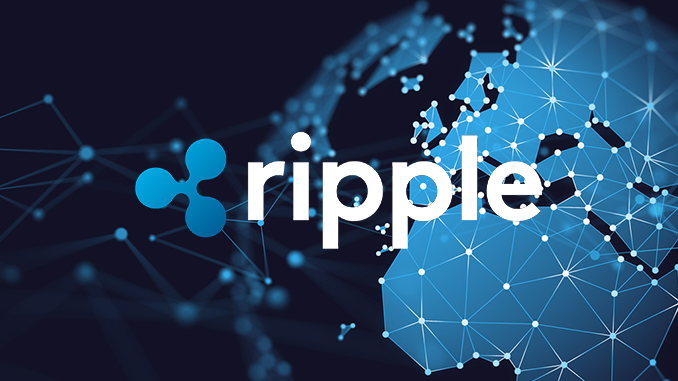
Ripple has partnered with financial services providers Paydek and Local Payment to launch XRP corridors to and within Africa and Latin America. The move is intended to make international transactions faster and cheaper.
Away from the continuing simmering court case in the U.S. over XRP, Ripple has success news to report from other continents. Via blog post, Ripple explains how partner Paydek is expanding its business in Africa and Latin America using XRP. With XRP as the bridge currency and Ripple Net as the network, cross-border money transfers can be completed much faster and at lower fees than traditional methods.
Ripple with Paydek in Africa
Paydek focuses its services on clients where jobs are placed internationally. Freelancers can be paid quickly and reliably through Paydek, Ripple emphasizes. In Africa, Paydek now plans to support nine local currencies, namely the West African CFA franc, the Central African XAF, the Sierra Leonean Leone, the Kenya shilling, the Rwanda franc, the Tanzania shilling, the cedi in Ghana, the Uganda shilling, and the South African rand. Employers from the U.S. or Europe can conveniently post their payments in, say, euros or U.S. dollars, which then go to local banks in Africa via Paydek and are credited in local currencies. XRP is used here as a bridge currency, which enables remittance in real time, minimizes the workload and thus ensures low fees.
Paydek and Local Payment with Ripple in Latin America
For a corresponding XRP corridor towards Latin America, Paydek cooperates with Local Payment, a service provider with a strong presence there. Four local currencies are supported, the Mexican peso, the Argentine peso, the Chilean peso as well as the Uruguayan peso. A Paydek spokesperson called the expansion into Latin America and Africa with the help of XRP a “milestone.” Ripple estimates that global market for freelancers and digital nomads will increase to a volume of 455 billion in the next two years. But traditional payment channels are not prepared for the tasks involved, he said.
Anyone who has actually tried to make payments to or receive payments from exotic countries from the eurozone knows the difficulties. Poor rates when exchanging currency, high fees and waiting times of several days are still the norm in such cases. This is where Ripple with XRP actually plays to its strengths if local partners are well established.
Conclusion: Ripple with XRP offensive in Africa and Latin America
Ripple regularly announces international cooperations, but it remains mostly intransparent afterwards which volumes then really flow via XRP corridors. Thus, the plan to gain a foothold in Africa and Latin America with Paydek and Local Payment through XRP sounds theoretically plausible. Therefore, the overriding question remains whether these offers will actually be accepted and whether Ripple (XRP) can thus occupy markets in its original concept.
Best place to buy Bitcoin and Ripple (XRP):

Leave a Reply